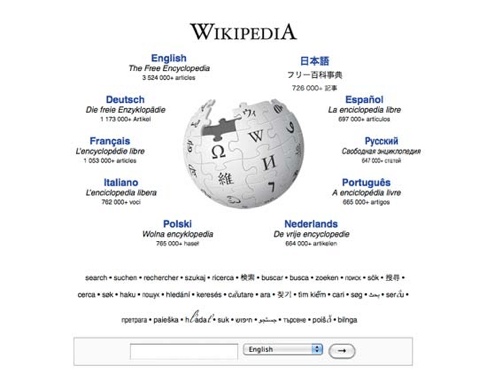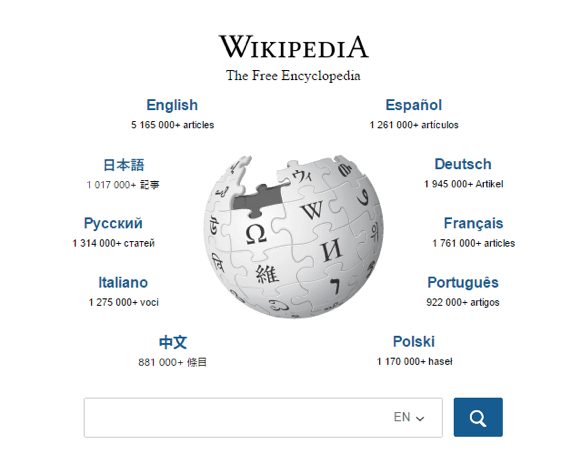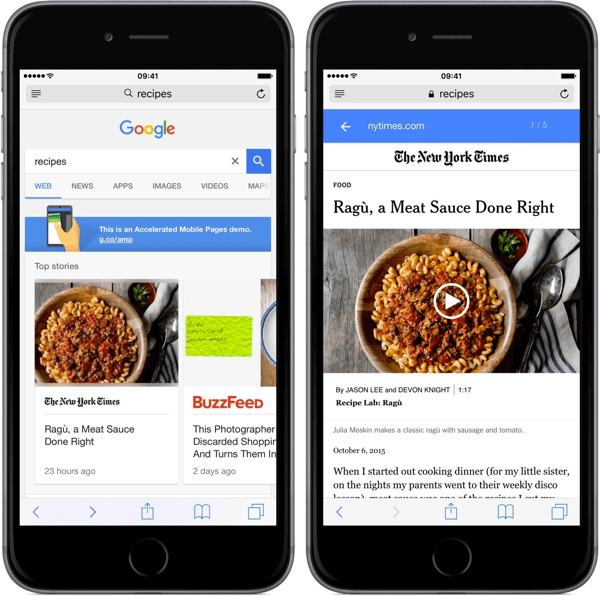The article appeared in the Toronto Star on Sunday June 19, 2016.
The homophobia politicians unleashed to great effect to win votes for much of the 20th century has deeply poisoned the well
Words matter.
We live in a world where people criticize, slander and insult others in anonymous online comments, where no topic seems to be sacred and few things seem to have the ability to shock.
Instead of expounding on policy issues and engaging in meaningful debate, many politicians willingly express almost any sentiment at the loudest volume, no matter how incendiary, or inexplicable, the comment.
It is difficult to imagine any credible nominee for the presidency of the United States saying such derogatory and xenophobic things as Donald Trump says almost daily.
And yet we continue to hurtle further and further into an abyss where no matter how hurtful, nasty or violent a sentiment is, it is allowed to pass.
As a gay man I have, over my entire life, seen first-hand the power of a single word — the impact it can make in the lives of millions.
George Orwell once said, ‘If thought corrupts language, language can also corrupt thought.’
The horrific shooting in the early hours of Sunday, June 12, at the gay nightclub, Pulse, offers proof of that statement.
Although it seems like ages since homophobic slurs were uttered without hesitation, it was only a decade ago that LGBT rights were used as a political football in the democratic arena.
The polarizing words that politicians used to divide the electorate against the unfamiliar LGBT community were damaging, demeaning and corrosive. Yet, that strategy brought electoral success. George W. Bush’s narrow victories in 2000 and 2004 were credited to his promise to protect traditional families against the threat of equal marriage; governors and premiers across North America found success by planting themselves in opposition to the LGBT community.
Politicians have long exploited the unknown and the unfamiliar to reap electoral benefit. ‘Traditional marriage cannot be severed from its cultural, religious and natural roots without weakening the good influence of society,’ Bush charged in his successful re-election campaign, throwing a sharp focus on the LGBT community.
And though the political landscape has shifted, the struggle continues.
The United States Senate has long tried to pass legislation protecting gays and lesbians at work, only to be stymied by the House of Representatives. In Canada, legislation that would protect the rights of transgendered people has struggled to pass.
Homophobia is a dying strain of thought, a holdover from a different political era.
But dying is a far cry from dead.
Words mattered then, and they matter now. The homophobia that politicians unleashed to great effect to win votes for much of the 20th century has deeply poisoned the well against the LGBT community among large segments of the population.
Let’s make no mistake: the trenchant homophobia that remains among many religious communities must be challenged.
But the language that politicians have used for decades has been deeply harmful to LGBT people. The language against them has corrupted the thoughts of many — and violence has followed. Members of the LGBT community often find themselves the victims of physical and emotional attacks. The massacre at the Orlando nightclub is only the most recent.
LGBT people in Canada and the United States have grown up in a political minefield that has encouraged violence, promoted division and done irreparable harm to their families and the community.
It is no coincidence that LGBT people attempt suicide at a rate nearly 14 times that of the average.
It is for these reasons we must continue to be vigilant. Words are not meaningless; they are not merely expressions that can be thrown around without consequence.
The words that our politicians, our colleagues and our families choose to utter have a profound effect on the lives of so many. Public and private discourse shapes the way society perceives communities of people.
The outrageous ramblings of someone like Donald Trump can occasionally seem amusing. He launches into rants in a way that is almost comedic in its absurdity.
But if there is one lesson we should take from the tragedy in Orlando, it is that words really do matter, and language can corrupt thought.
Jaime Watt is the executive chairman of Navigator Ltd. and a Conservative strategist.



